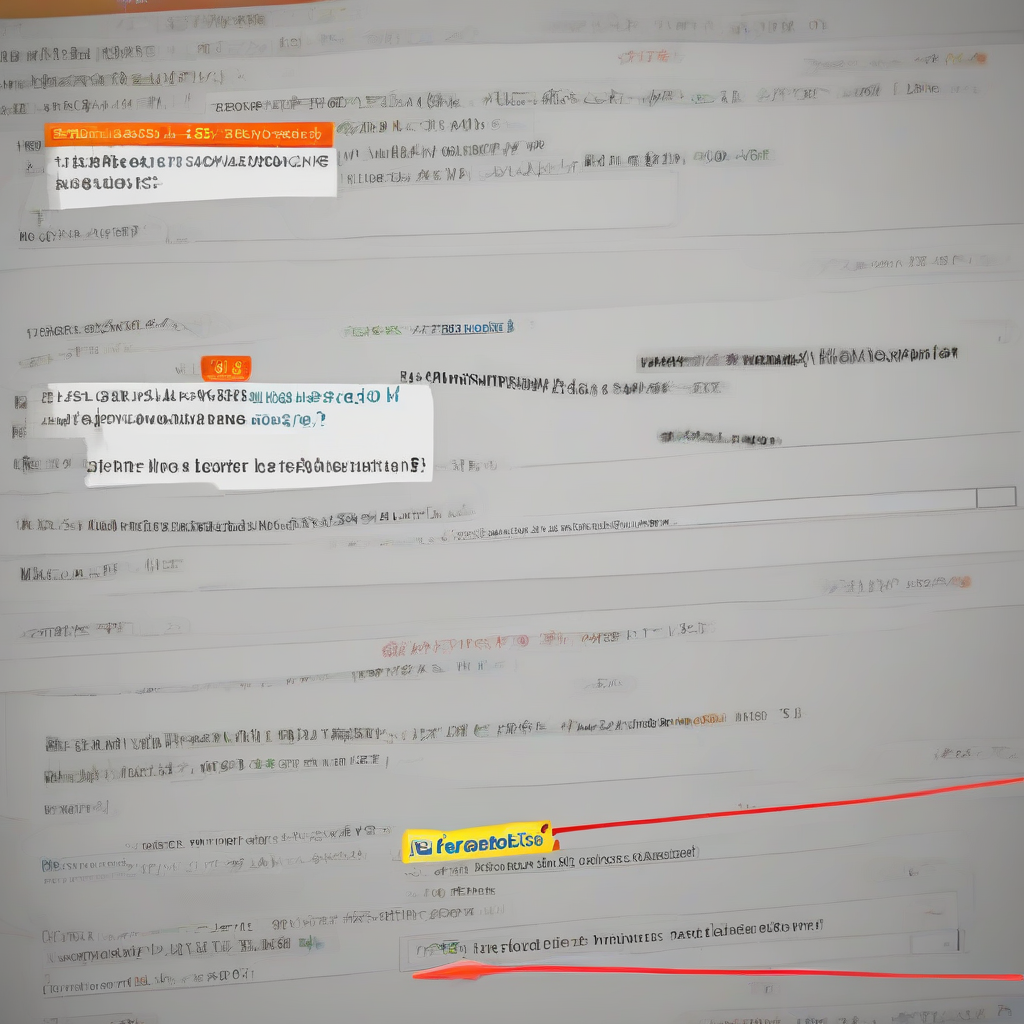Veteran Home Loan Refinancing: Unlock Savings & Lower Payments

Veteran Home Loan Refinancing: Unlock Savings & Lower Payments
If you're a veteran homeowner with a VA loan, refinancing could be a smart move to save money and potentially lower your monthly payments. With interest rates fluctuating and the housing market evolving, exploring your options can be a strategic decision. This comprehensive guide will delve into the ins and outs of veteran home loan refinancing, empowering you to make informed choices for your financial future.
Why Consider VA Loan Refinancing?
VA loans offer unique advantages to veterans, active-duty military personnel, and eligible surviving spouses. Refinancing your VA loan can unlock several benefits, including:
- Lower Interest Rates: By refinancing to a lower interest rate, you can significantly reduce your monthly mortgage payments. This frees up cash flow for other financial goals.
- Shorter Loan Term: Refinancing to a shorter loan term can accelerate your mortgage payoff, leading to lower interest payments over the life of the loan. However, your monthly payments will be higher.
- Cash-Out Refinancing: With a cash-out refinance, you can borrow against your home's equity to access funds for home improvements, debt consolidation, or other financial needs.
- Streamlined Refinancing Process: VA loan refinancing is known for its relatively straightforward process, often requiring less paperwork and quicker approvals compared to conventional mortgages.
Types of VA Loan Refinancing
There are two main types of VA loan refinancing:
- VA Streamline Refinance (IRRRL): This is the most common type of VA refinance, designed to simplify the process and lower your interest rate. It typically doesn't require an appraisal or income verification, making it an attractive option for many veterans.
- VA Cash-Out Refinance: This type of refinance allows you to borrow up to 80% of your home's value, minus the existing mortgage balance. The funds can be used for various purposes, but remember that borrowing additional money will increase your overall debt.
Factors to Consider Before Refinancing
While refinancing can offer advantages, it's important to consider the following factors:
- Current Interest Rates: Ensure that refinancing will result in a significantly lower interest rate to justify the cost of the refinance process. Compare current rates from different lenders.
- Closing Costs: Refinancing involves closing costs, such as loan origination fees and appraisal fees. These costs should be factored into your decision-making process.
- Loan Term: Choosing a shorter loan term can save on interest costs but will lead to higher monthly payments. Consider your financial situation and long-term goals when selecting a term.
- Credit Score: A higher credit score generally leads to lower interest rates. Check your credit score before applying for a refinance.
Steps to Refinancing Your VA Loan
Refinancing your VA loan typically involves the following steps:
- Shop for a Lender: Compare rates and terms from multiple VA-approved lenders to find the best deal. Online lenders and local credit unions can be good options.
- Get Pre-Approved: Pre-approval provides you with an estimated loan amount and interest rate, making the process more efficient.
- Provide Documents: Lenders will require you to provide documents like your Social Security number, proof of income, and tax returns.
- Home Appraisal: An appraisal is usually required to determine your home's current market value.
- Loan Closing: Once the loan is approved, you'll sign closing documents and receive the funds.
Tips for a Successful VA Loan Refinancing
Here are some tips to ensure a smooth and successful refinancing process:
- Maintain Good Credit: A strong credit score can lead to more favorable loan terms. Avoid taking on new debt or making late payments.
- Prepare Documentation: Gather all necessary documents, such as income verification and tax returns, to expedite the application process.
- Understand the Loan Terms: Carefully review the loan agreement and ensure you understand the interest rate, closing costs, and other terms.
- Ask Questions: Don't hesitate to ask your lender any questions you have about the refinancing process. Clarifying doubts will ensure a smooth experience.
Conclusion
VA loan refinancing can be a beneficial option for veterans looking to save money on their mortgage payments, access cash, or simplify their loan terms. By understanding the types of refinancing options, the factors to consider, and the steps involved, you can make an informed decision that aligns with your financial goals.
Remember to shop around for lenders, maintain good credit, and carefully review all loan documents to ensure a successful and rewarding refinancing experience.
What's Your Reaction?















